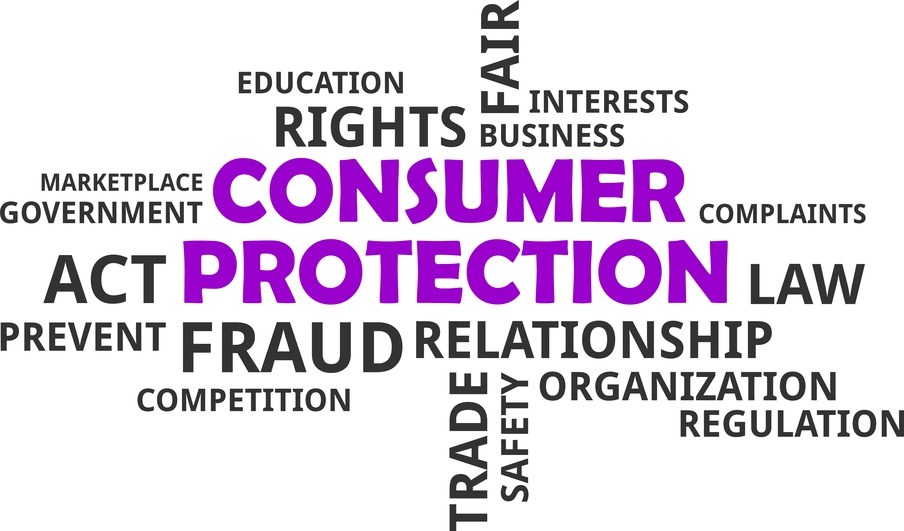Consumer Awareness is an act of making sure the buyer or consumer is aware of the information about products, goods, services, and consumers rights. Consumer awareness is important so that buyer can take the right decision and make the right choice. Consumers have the right to information, right to choose, right to safety. Let us learn more about Consumer rights, responsibilities and consumer awareness in detail.

Till the 1970s there was unchecked consumer mistreatment happening in India. Black marketing, monopolistic practices, adulteration of food were all commonplace. However, the consumer movement brought about a change in the scenario. The government too provided consumers legal protection through various laws and setting up of consumer court. Let us take a look.

Consumer Awareness is an act of making sure the buyer or consumer is aware of the information about products, goods, services, and consumers rights. Consumer awareness is important so that buyer can take the right decision and make the right choice. Consumers have the right to information, right to choose, right to safety. Let us learn more about Consumer rights, responsibilities and consumer awareness in detail.

Gone are the days of “Caveat Emptor” now it is “Consumer is King”. There are no dearth of sellers who wish to fulfil all of the consumer’s demands, and cannot afford to alienate consumers with bad service or products. Consumers have tools at their disposal such as consumer complaints, courts, forums etc. Let us take a look at consumer protection in India.
It provides them with the basic rights such as the right to be protected against hazardous goods, right to protect themselves against Unfair Trade Practices, right to seek Redressal, the right to Consumer education, etc.
The following are the important consumer rights:
Consumers are largely denied their due rights, especially in developing countries such as India. The consumers are spread widely all over a country and are poor, illiterate and are generally not aware of their rights, though their awareness has recently increased. The manufacturers and suppliers of goods or services often exploit consumers by adopting a number of unfair and restrictive trade practices. They often merge and also form tacit cartels to raise prices for maximising their profits at the expense of consumers.